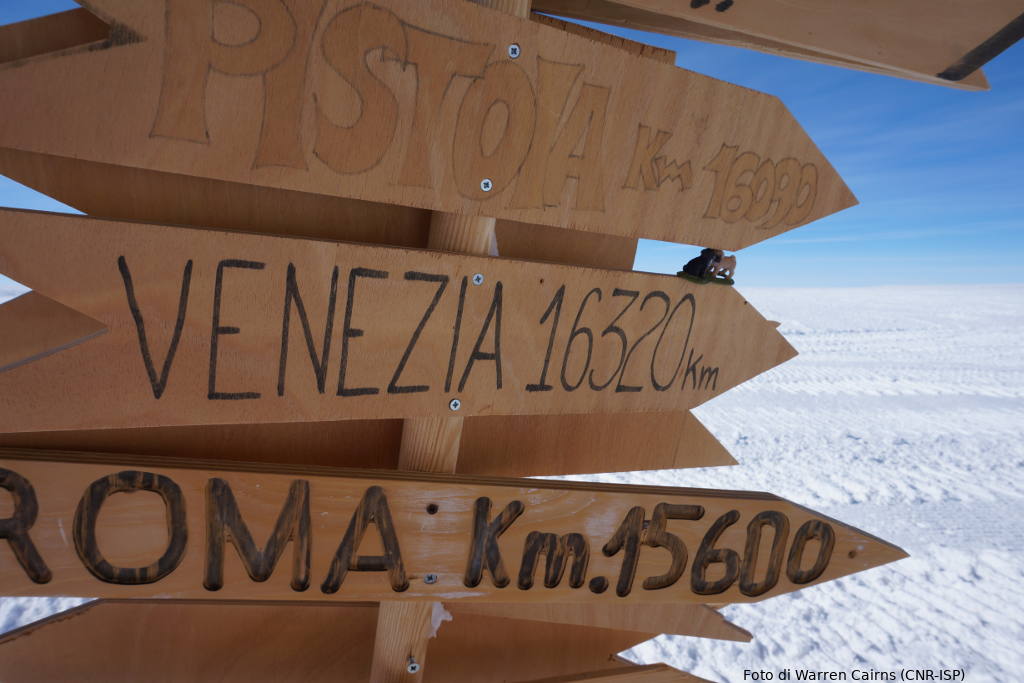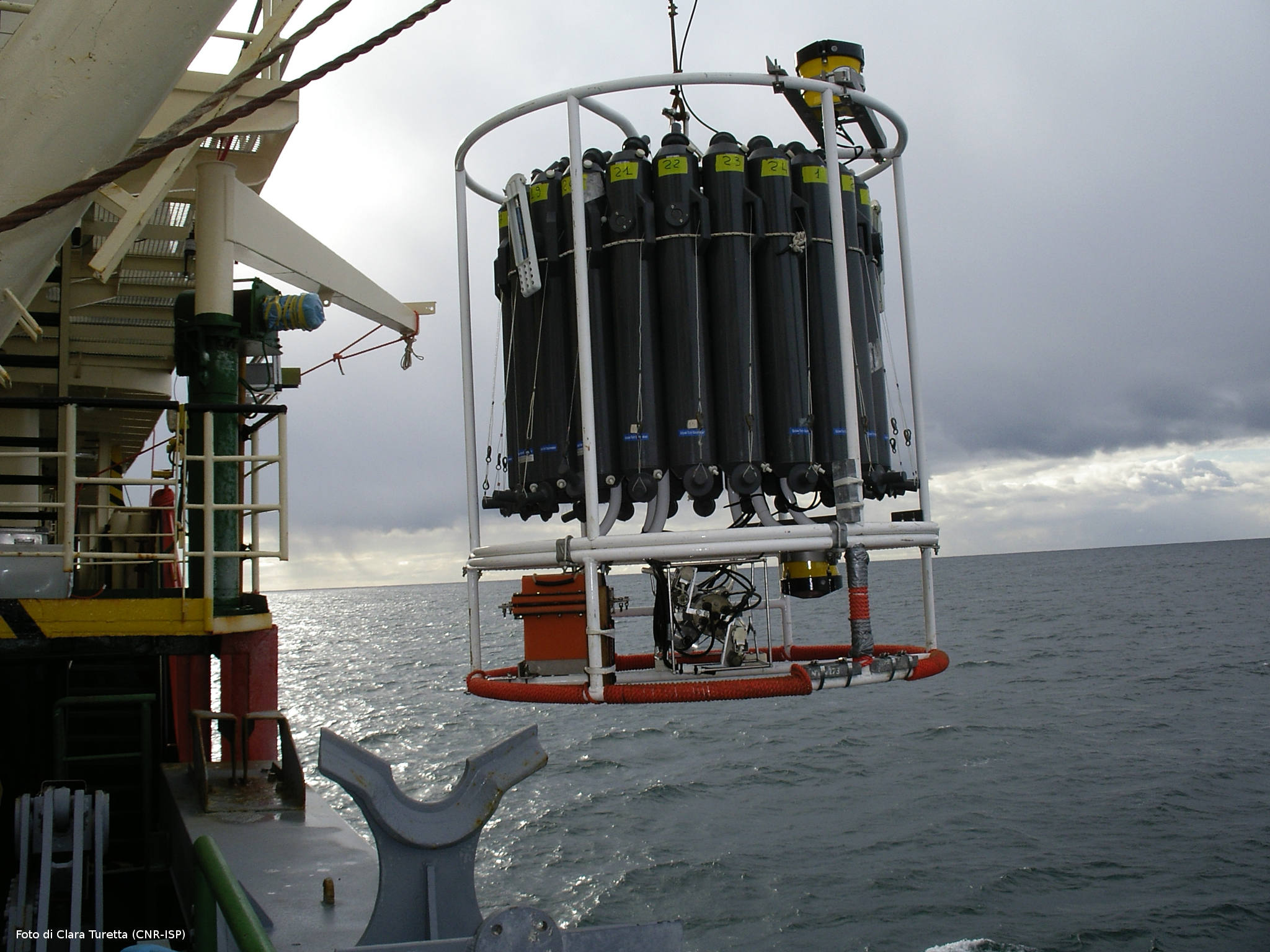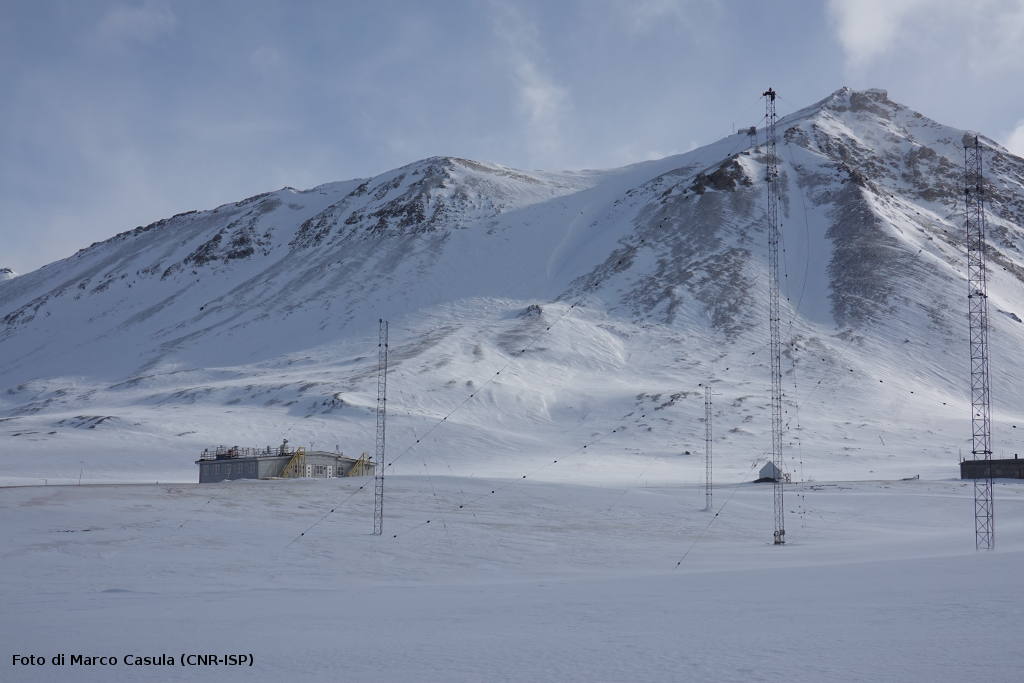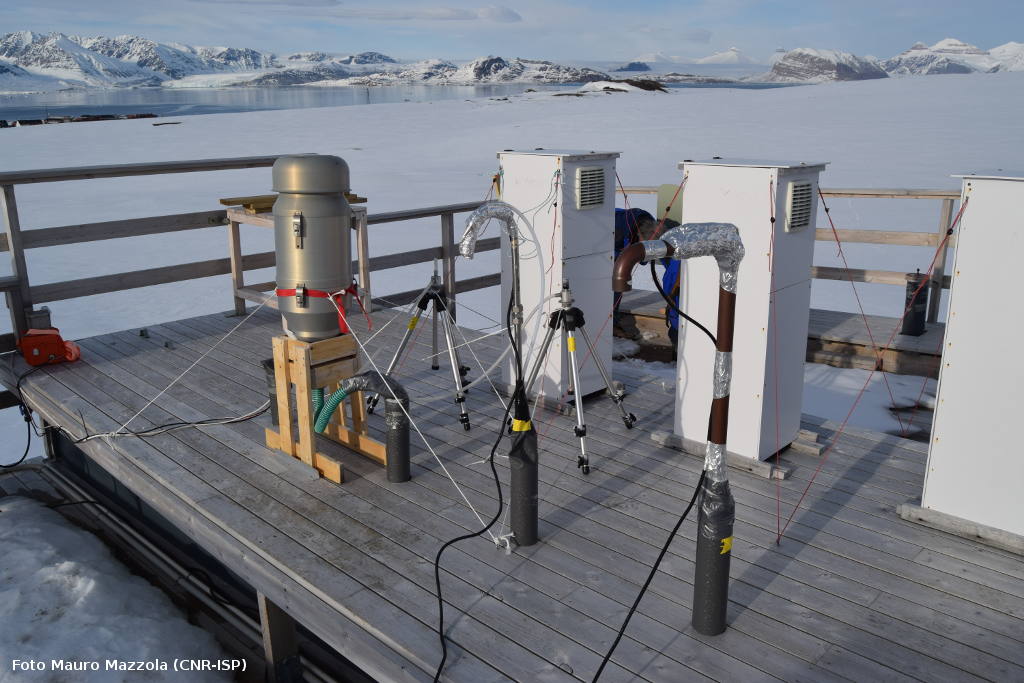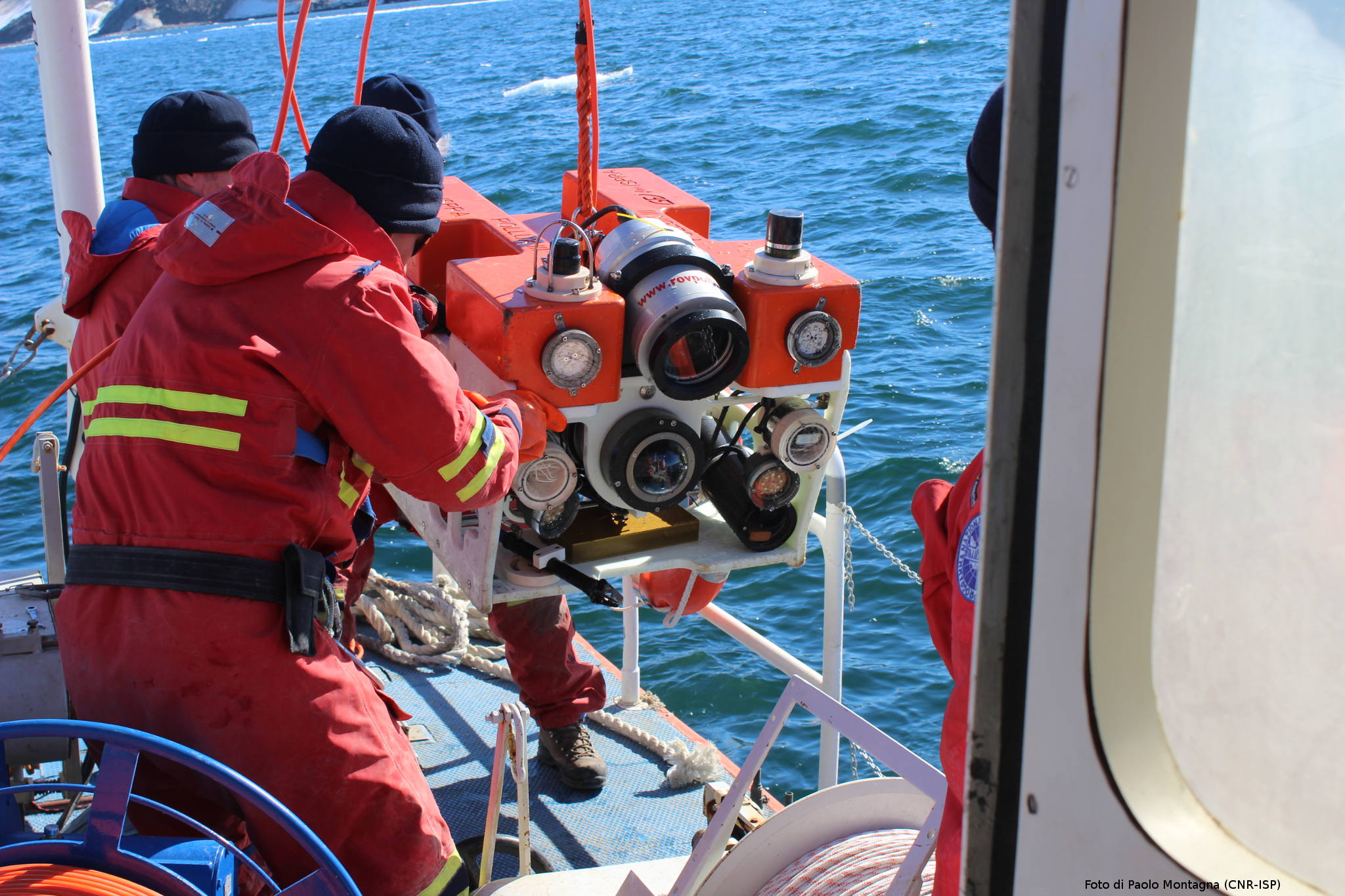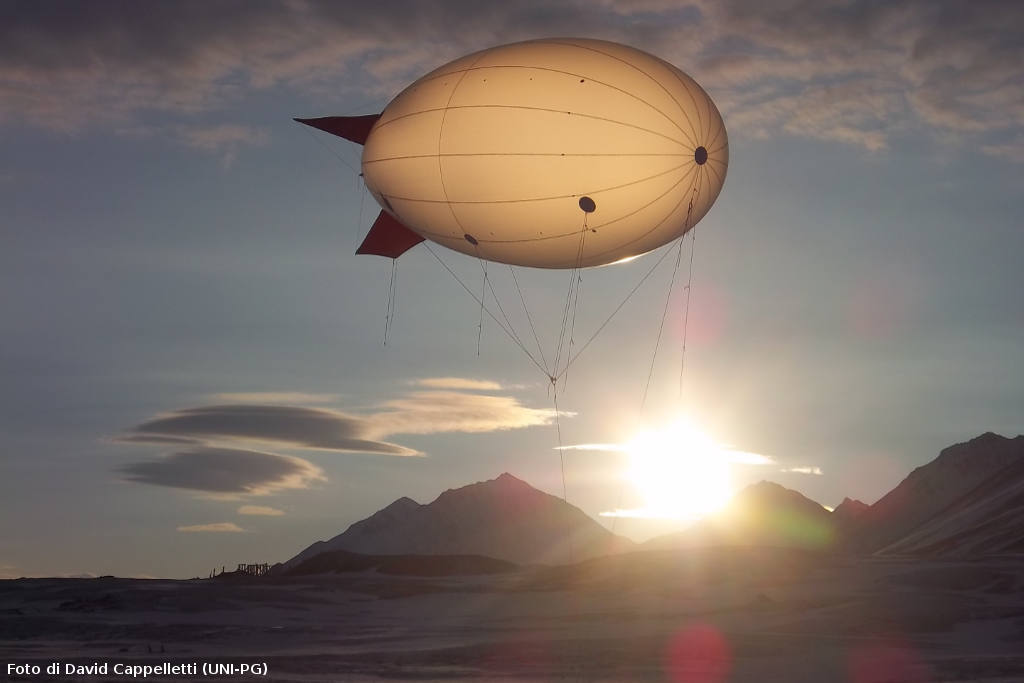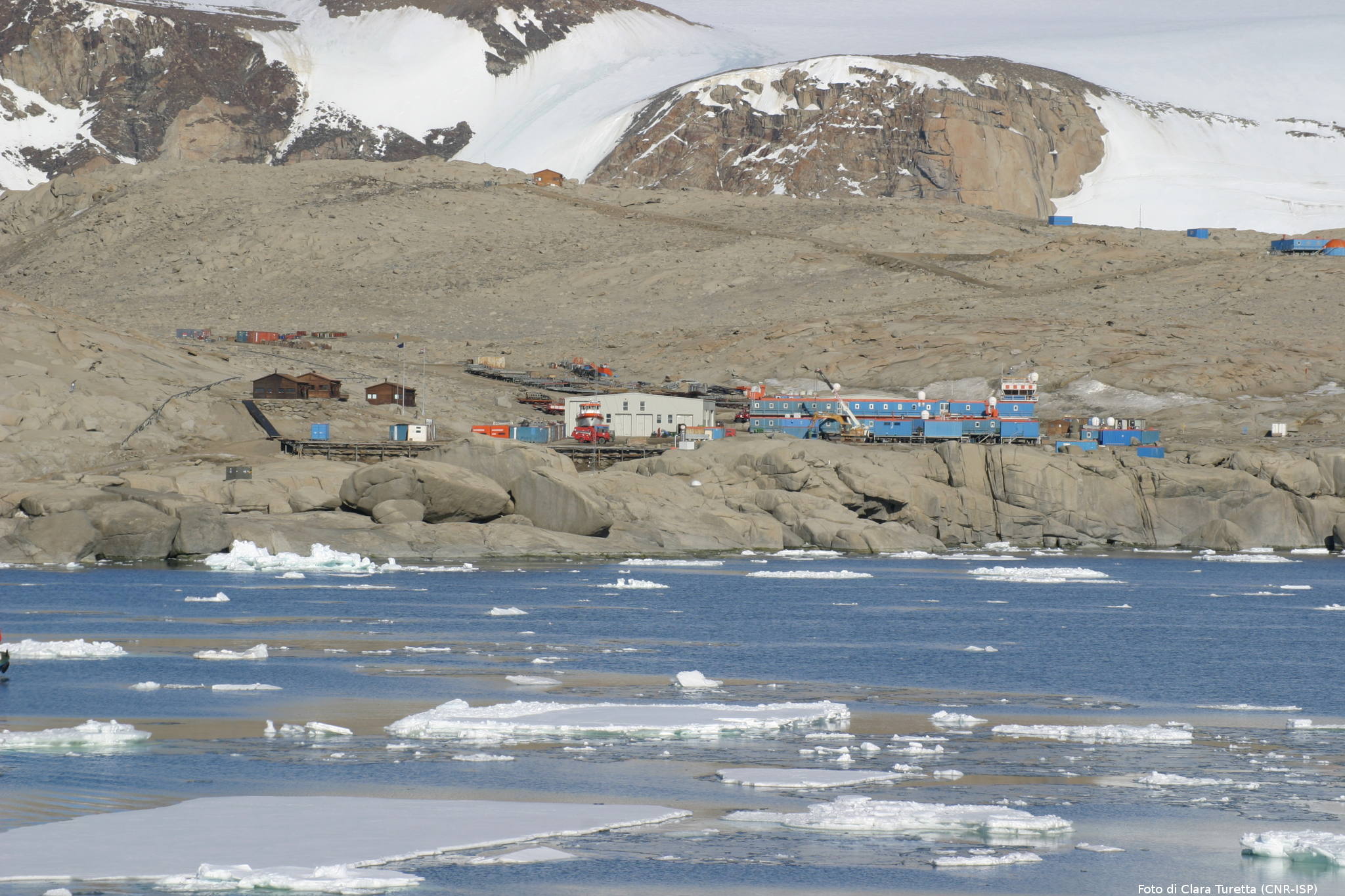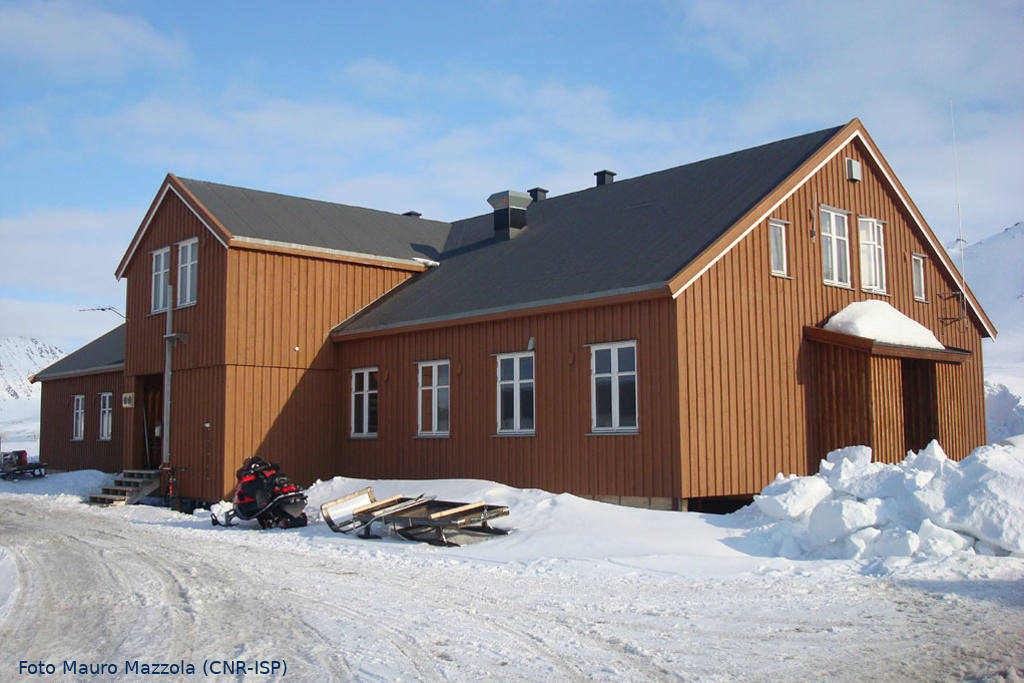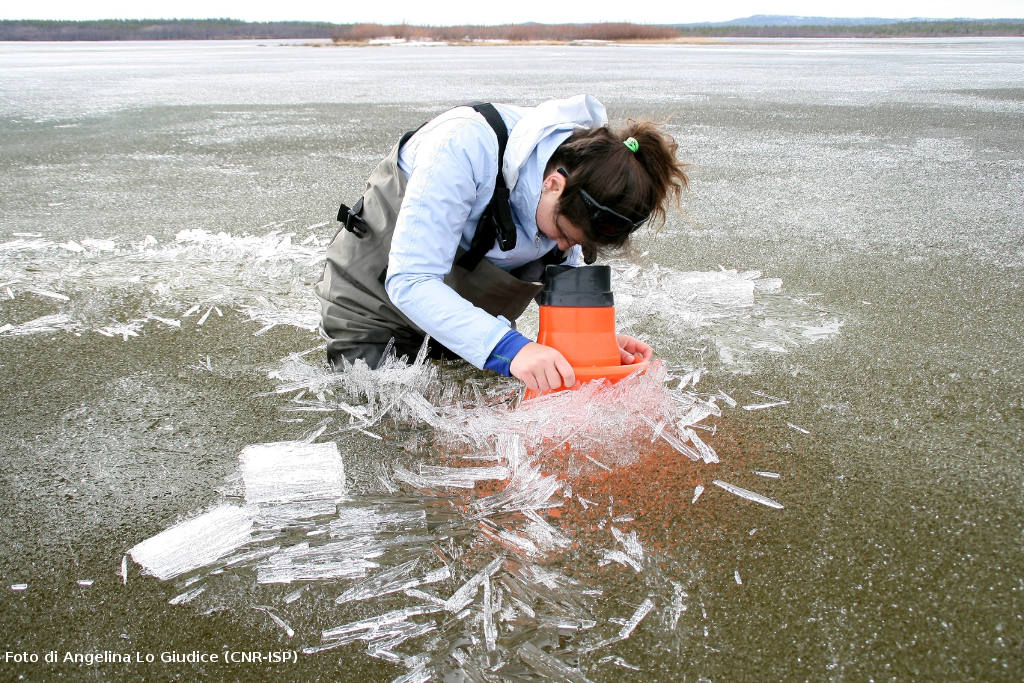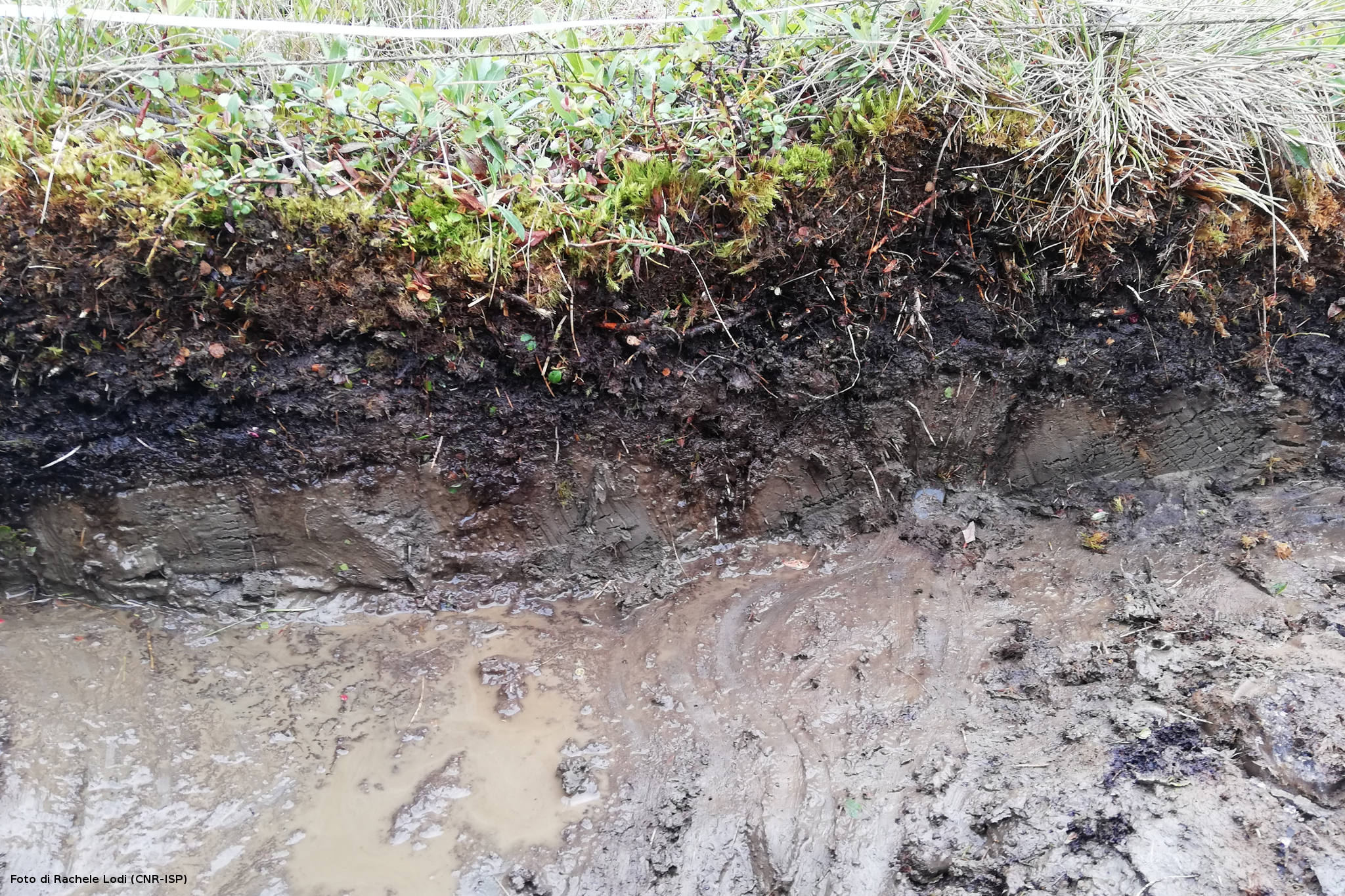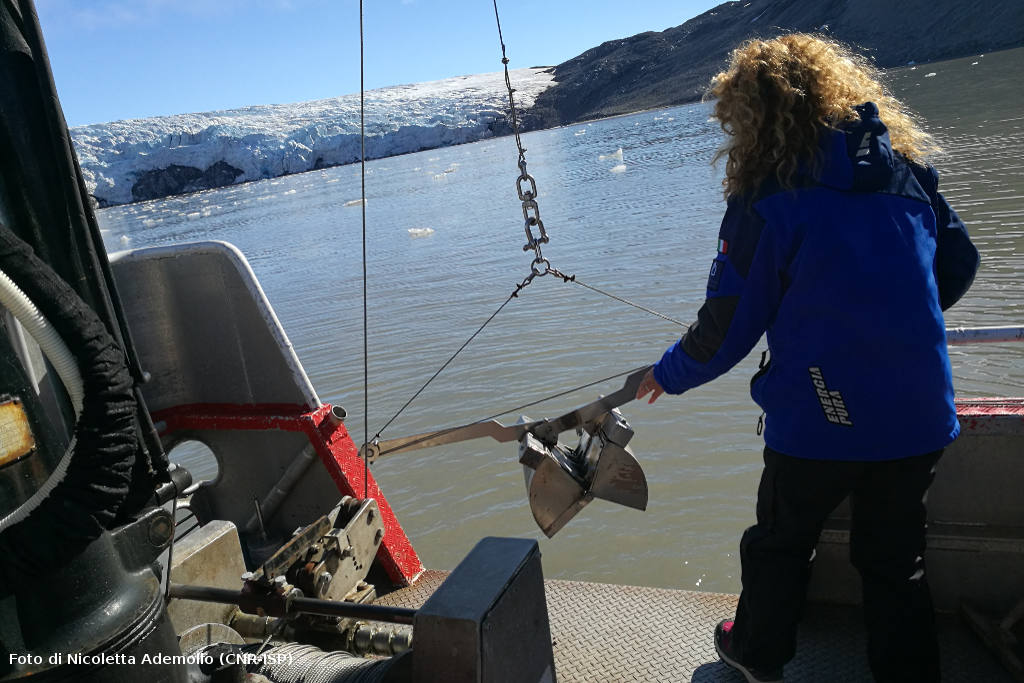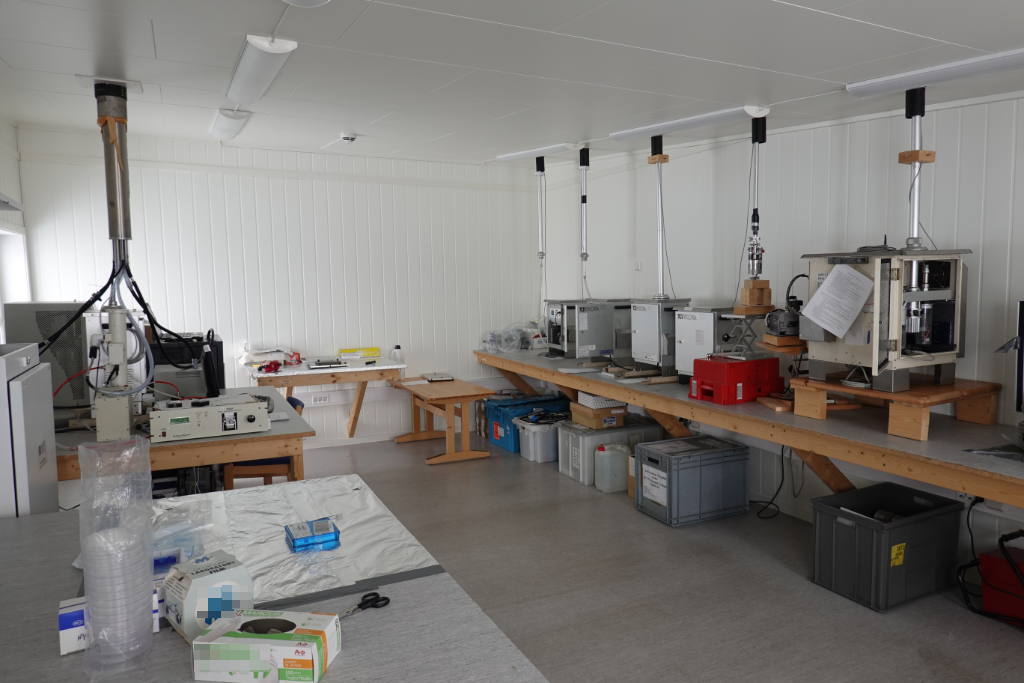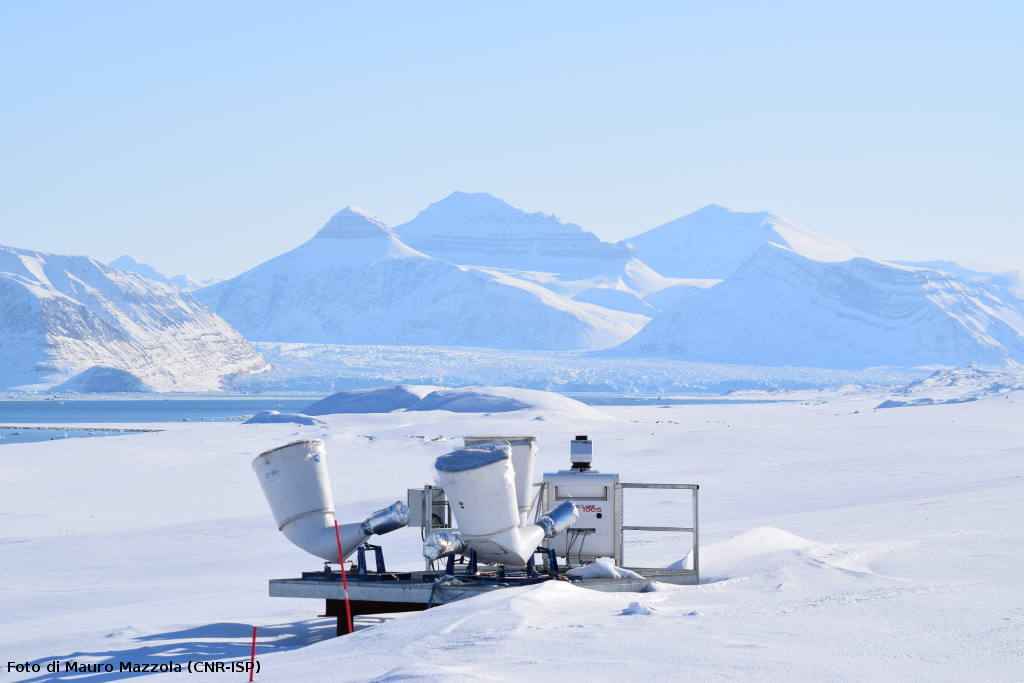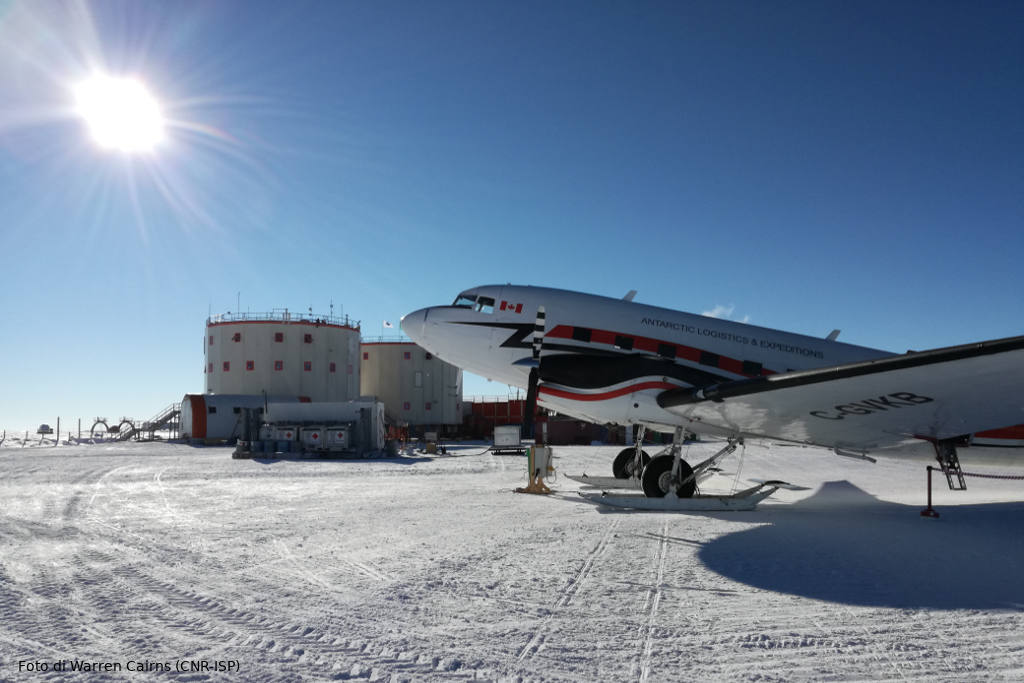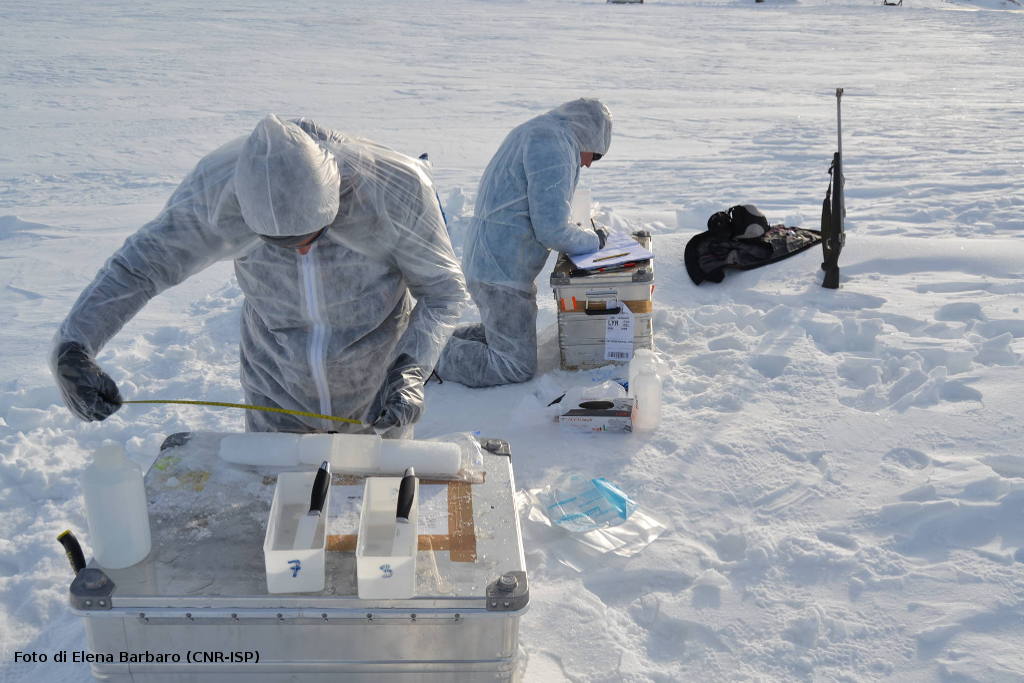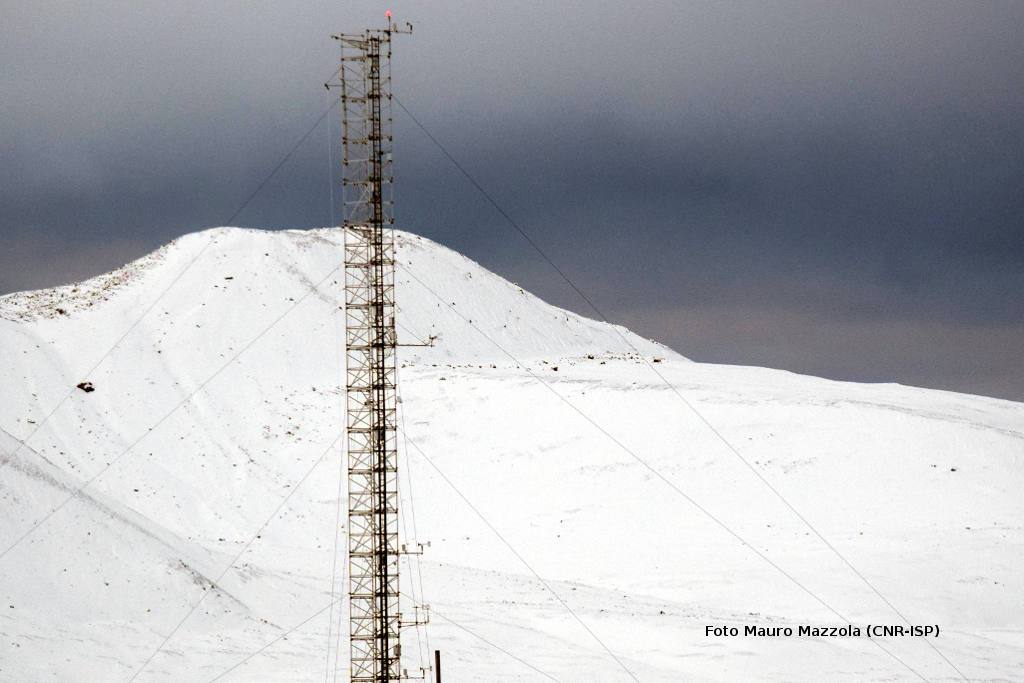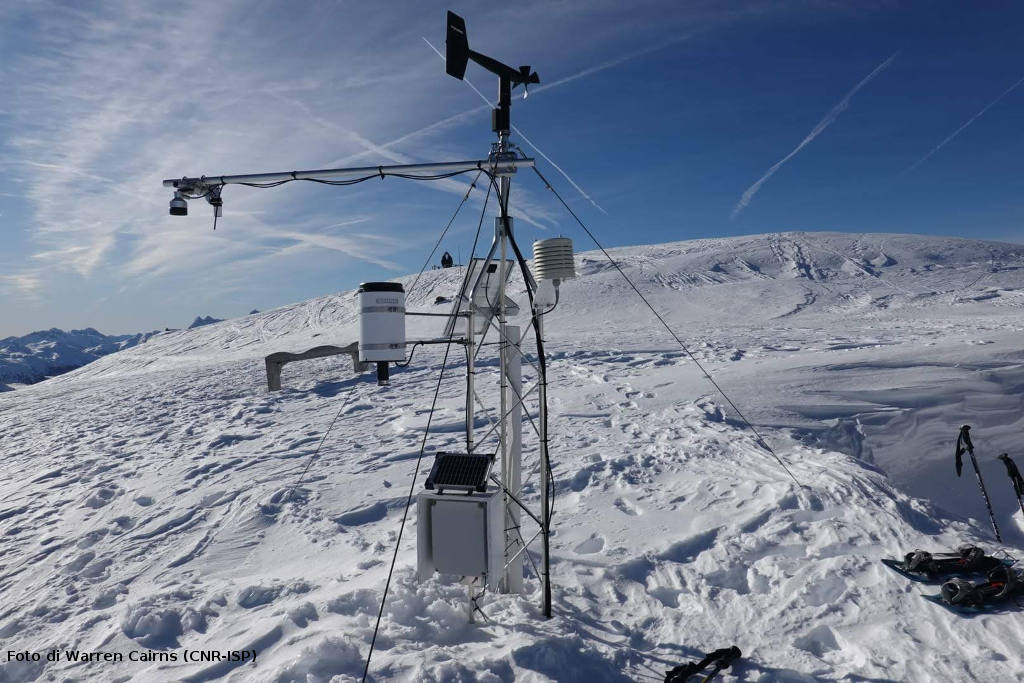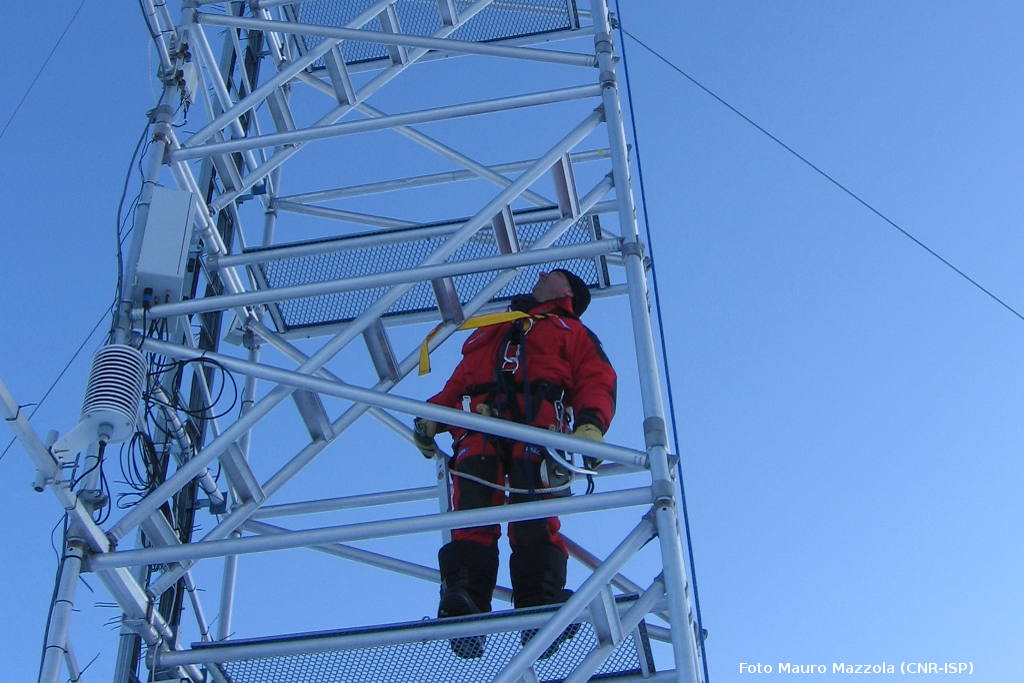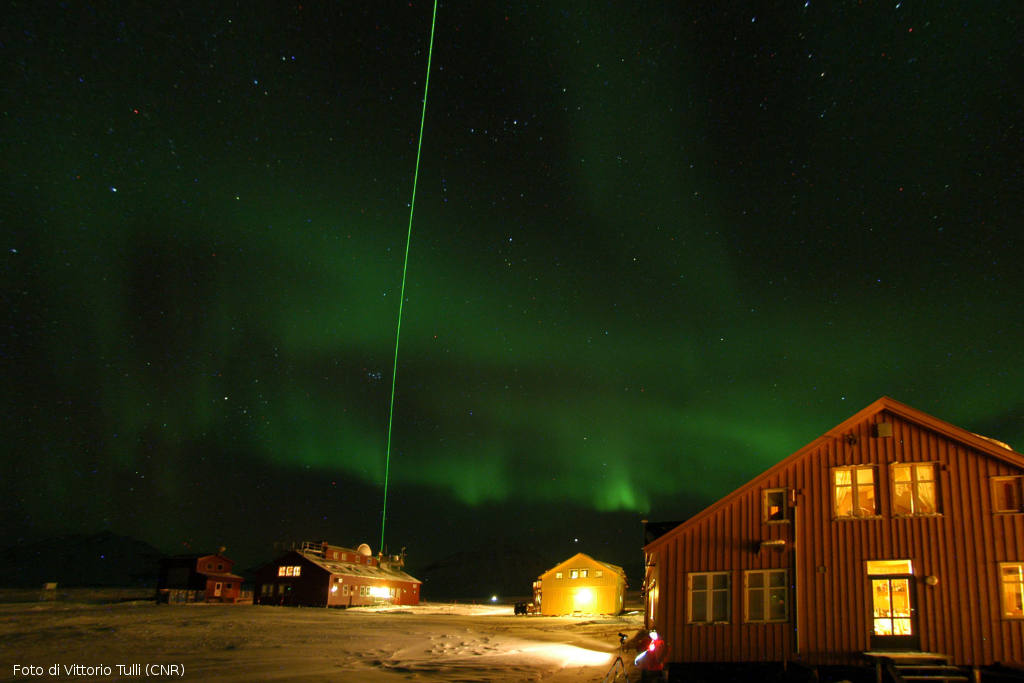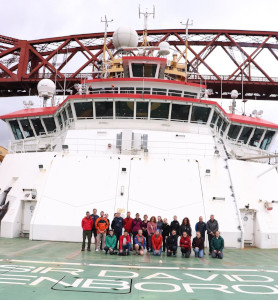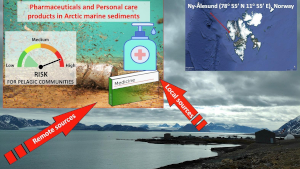SCAR Fellowships
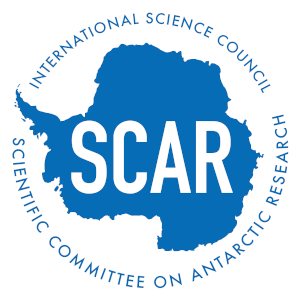 The SCAR Fellowship Programme is designed to encourage the active involvement of early-career researchers in furthering our understanding of Antarctica.
The SCAR Fellowship Programme is designed to encourage the active involvement of early-career researchers in furthering our understanding of Antarctica.
The Fellowships enable early-career researchers to join a project team from another country, opening up new opportunities and often creating partnerships that last many years and over many Antarctic research seasons.
Deadline Extended to 9 September 2024
PhD in Polar Sciences - Application Deadline: 19 August 2024
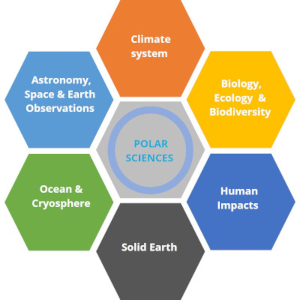 Call for Applications for the 40th Cycle of National PhD Programme in Polar Sciences - 33 grants available
Call for Applications for the 40th Cycle of National PhD Programme in Polar Sciences - 33 grants available
Ca’ Foscari University of Venice in liaison with other Italian Universities and National Reserch Institutes, has officially launched the call for applications for the 40th cycle (academic year 2024/2025) of the National PhD Programme in Polar Sciences, which is organised around 6 main curricula:
1. Biology, Ecology and Biodiversity, 2. Human impacts, 3. Solid Earth, 4. Ocean and Cryosphere, 5. Astronomy, Space and Earth Observations, 6. Climate System.
Application Deadline: 19 August 2024, 1:00 p.m. (Italian time)
Programme Start: December 2024
Duration: 3 years (ending November 2027)
For more information and to access the full call for applications, visit the Ca’ Foscari University website.
Artico: al via la spedizione oceanografica in Groenlandia della rompighiaccio “Sir David Attenborough” (British Antarctic Survey) per studiare la fusione dei ghiacciai
E' partita il 19 luglio 2024, la prima spedizione scientifica di sei settimane in Groenlandia della nave oceanografica rompighiaccio Royal Research Ship (RRS) Sir David Attenborough del British Antarctic Survey (BAS). La missione fa parte del progetto Kang-Glac - Assessing ocean-forced, marine-terminating glacier change in Greenland during climatic warm periods and its impact on marine productivity, guidata da un team interdisciplinare di 40 scienziati e personale di supporto provenienti da istituti di ricerca di tutto il mondo tra cui le nostre ricercatrici ISP. Il team si concentrerà su siti chiave vicino al fiordo di Kangerlussuaq, con l'obiettivo di quantificare i tassi di fusione dei principali ghiacciai e la vita nelle acque costiere della Groenlandia sud-orientale, una delle aree del Pianeta più colpite dal cambiamento climatico, valutando gli impatti sulla circolazione oceanica e sulla produttività marina. La nave, una delle più avanzate al mondo per la ricerca polare, lavorerà nella Groenlandia sudorientale per approfondire la comprensione della rapida diminuzione della calotta glaciale della regione e dei suoi impatti sul clima. (Chiusura della campagna)
(English version)
Luisa Patrolecco (CNR-ISP), Nicoletta Calace (ISPRA).
13th Advanced Training Course on Land Remote Sensing 16-20 September 2024 Innsbruk, Austria
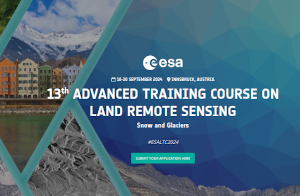 The European Space Agency (ESA) is organising an Advanced Training Course on Land Remote Sensing with the focus on Snow and Glaciers in collaboration with the University of Innsbruck.
The European Space Agency (ESA) is organising an Advanced Training Course on Land Remote Sensing with the focus on Snow and Glaciers in collaboration with the University of Innsbruck.
The Advanced Training Course on Land Remote Sensing for Snow and Glaciers aims at: 1) training the next generation of scientists and professionals in remote sensing of snow and glaciers; 2) explaining the theoretical principles, processing algorithms and data products from multiple sources including optical, thermal and microwave; 3) stimulating the use of EO in the domains of water cycle science, water management and hazards e.g. floods.
SIOS Access call 2024 e SIOS Optimisation call 2024
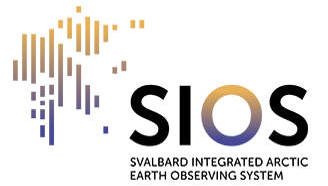 SIOS Svalbard Integrated Arctic Earth Observing System ha lanciato due call per il finanziamento di progetti scientifici in Artico
SIOS Svalbard Integrated Arctic Earth Observing System ha lanciato due call per il finanziamento di progetti scientifici in Artico
Di seguito i dettagli per ogni singola call
BANDO PRA INFRA 2024 - Scadenza 15 settembre 2024
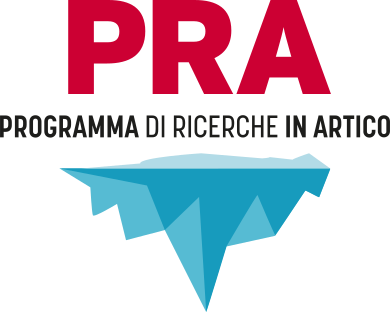 BANDO PRA INFRA 2024 - Disciplina delle procedure per la presentazione di proposte per il potenziamento delle infrastrutture di ricerca in Artico.
BANDO PRA INFRA 2024 - Disciplina delle procedure per la presentazione di proposte per il potenziamento delle infrastrutture di ricerca in Artico.
Programma di Ricerche in Artico
Meroni Simone
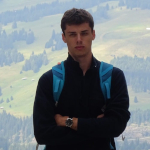 Graduated in Environmental Science and Technology from the University of Bicocca in 2023. The thesis focused on characterizing the carbonaceous and mineral content of Light Absorbing Particles deposited on the snow surface of the Shallap Glacier (Peru), including a modeling study based on back-trajectory analysis. Currently a Ph.D. student in Polar Sciences at Ca' Foscari University since December 2023, in collaboration with the Institute of Polar Sciences in Milan and Venice. The research aims to study the impact of biomass burning emissions and dust uplift on the Arctic atmosphere by analyzing the composition and the optical and microphysical properties of aerosols, integrating this information with the study of their source areas.
Graduated in Environmental Science and Technology from the University of Bicocca in 2023. The thesis focused on characterizing the carbonaceous and mineral content of Light Absorbing Particles deposited on the snow surface of the Shallap Glacier (Peru), including a modeling study based on back-trajectory analysis. Currently a Ph.D. student in Polar Sciences at Ca' Foscari University since December 2023, in collaboration with the Institute of Polar Sciences in Milan and Venice. The research aims to study the impact of biomass burning emissions and dust uplift on the Arctic atmosphere by analyzing the composition and the optical and microphysical properties of aerosols, integrating this information with the study of their source areas.
Fellin Diego
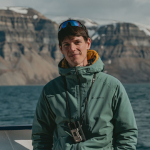 Graduated in Chemistry in 2023 at the University of Bologna with a thesis on the chemical characterization, by means of 1H-NMR spectroscopy, of the organic aerosol sampled in Ny-Ålesund.
Graduated in Chemistry in 2023 at the University of Bologna with a thesis on the chemical characterization, by means of 1H-NMR spectroscopy, of the organic aerosol sampled in Ny-Ålesund.
Since December 2023 PhD student in Polar Sciences at the Ca' Foscari University of Venice. The research, conducted in conjunction with the Institute of Polar Sciences on the Milan and Venice campuses, aims to improve the knowledge of aerosol-cloud interactions in the Arctic climate system. The microphysical and chemical properties of atmospheric particulate matter are investigated in detail to assess particles' ability to act as cloud condensation nuclei (CCN) and ice nuclei (IN).
Corsolini Simonetta
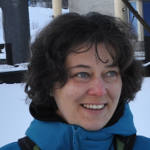 She is a senior researcher and assistant Professor at the Department of Physical, Earth and Environmental Sciences (DSFTA) of the University of Siena (Italy) since 1 November 2001. She is currently a lecturer in the following courses: Ecotoxicology of Remote Areas (Master's Degree); Marine Ecology (Bachelor's Degree). She is responsible for the Curriculum in Biology, Ecology, Biodiversity of the PhD of National Interest in Polar Sciences (Ca' Foscari University of Venice); she is a member of the Board of Professors of the PhD in Environmental, Geological and Polar Sciences and Technologies.
She is a senior researcher and assistant Professor at the Department of Physical, Earth and Environmental Sciences (DSFTA) of the University of Siena (Italy) since 1 November 2001. She is currently a lecturer in the following courses: Ecotoxicology of Remote Areas (Master's Degree); Marine Ecology (Bachelor's Degree). She is responsible for the Curriculum in Biology, Ecology, Biodiversity of the PhD of National Interest in Polar Sciences (Ca' Foscari University of Venice); she is a member of the Board of Professors of the PhD in Environmental, Geological and Polar Sciences and Technologies.
She collaborates with colleagues from Italian and foreign universities/research institutions. Since 1994 she works in the Italian National Antarctic Research Programme (PNRA) and has participated in seven Antarctic Expeditions. She is part of the international program TUNU-Programme: Euro-Arctic Marine Fishes—Diversity and Adaptation, coordinated by UiT The Arctic University of Norway in Tromsø, participating in six expeditions in the Arctic; in this programme she has studied the ecotoxicology of the Greenland shark (Somniosus microcephalus). She is president of the Action Group "Input Pathways of Persistent Organic Pollutants to Antarctica, ImPACT" of the Scientific Committee on Antarctic Research (SCAR). Since 2019 she has been a member of the Expert Group on POPs of the Arctic Monitoring and Assessment Programme (AMAP). She is P.I. of the Laboratory of Ecotoxicology and Remote Areas (ERRe LAB) of the DSFTA.
The main research interests include the ecotoxicology of persistent organic pollutants (POPs) in the Polar Regions, and marine ecology. In particular: study of POPs and emerging contaminants under climate-driven changes; POP fluxes between abiotic and biotic ecosystem compartments and from tissue to community levels; bioaccumulation in predators and trophic webs; risk assessment (TEQ); POPs in food and human risk (TWI, EDI); ecology of seabirds (1994-2005).
Artico: nel sedimento marino residui di farmaci e prodotti per la cura della persona
Pubblicato su Science of the Total Environment uno studio condotto da un team di ricercatrici CNR-ISP (sede di Roma), che ha fornito le prime evidenze scientifiche sulla presenza di farmaci e prodotti per la cura della persona nei sedimenti marini del Kongsfjorden, isole Svalbard. La novità di tale studio condotto nell’arco di cinque anni (2018-2022) ha riguardato l’identificazione e quantificazione di diverse classi di contaminanti emergenti bioattivi mai determinati in precedenza (antibiotici, antipiretici, ormoni steroidei, antiinfiammatori, antiepilettici, stimolanti, disinfettanti e repellenti per insetti), valutandone fonti e distribuzione spaziale e temporale nell’ecosistema studiato. Le concentrazioni misurate sono state utilizzate per eseguire una valutazione del rischio ambientale per i sedimenti del fiordo, compresa la stima dei quozienti di rischio per la selezione e la propagazione della resistenza antimicrobica. I risultati dello studio confermano che l’Artico sta attualmente affrontando importanti questioni ambientali in relazione alla presenza di nuovi inquinanti, per i quali non sono state ancora adottate misure normative o restrittive a livello mondiale. (English version)
Luisa Patrolecco (CNR-ISP) - DOI:/10.1016/j.scitotenv.2024.171156 - Rassegna stampa
 Ministero dell'Universita e Ricerca
Ministero dell'Universita e Ricerca
Programma Ricerche Artico
Programma Nazionale di Ricerca in Antartide
 Ministero degli Affari Esteri e della Cooperazione Internazionale
Ministero degli Affari Esteri e della Cooperazione Internazionale
L'Italia e l’Artico
L’Italia e l’Antartide
CNR-ISP
National Research Council
Institute of Polar Sciences
c/o Scientific Campus - Ca' Foscari University Venice - Via Torino, 155 - 30172 VENEZIA MESTRE (VE)
Phone: +39 041 2348547 - E-mail: protocollo.isp AT pec.cnr.it
Fax: +39 041 2348 549 - Codice Fiscale: 80054330586 - P.I.:02118311006
Unless otherwise indicated, the content of this site is licensed : Attribution Non Commercial Share Alike 4.0 International (CC BY-NC-SA 4.0)
Privacy policy e Cookie policy - Transparent administration (CNR)






